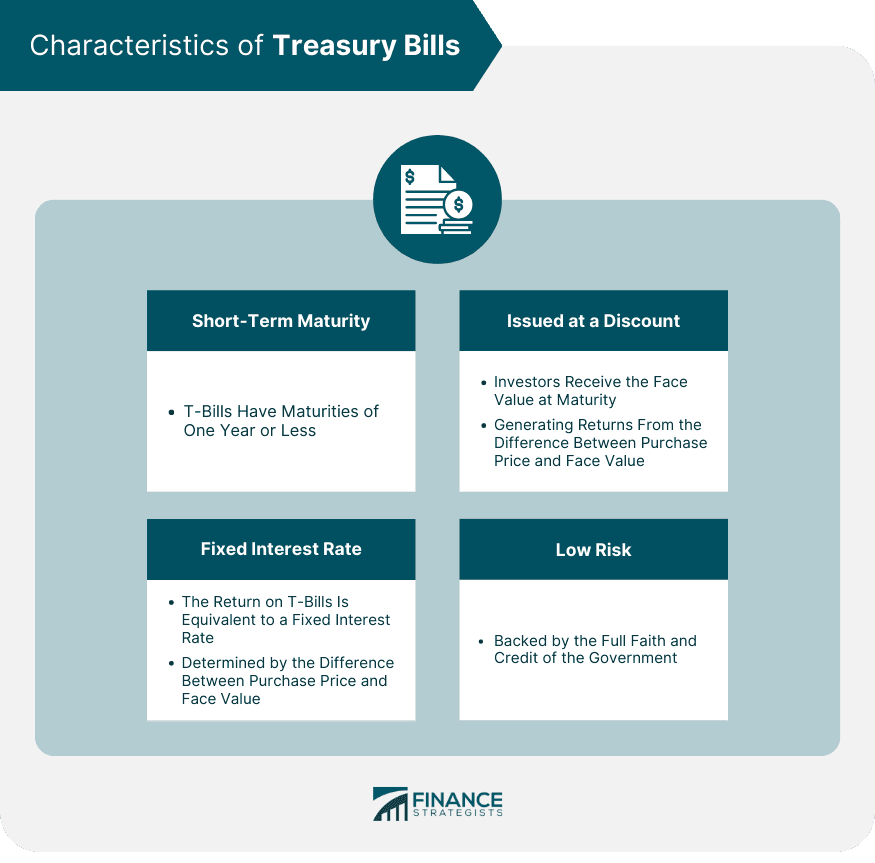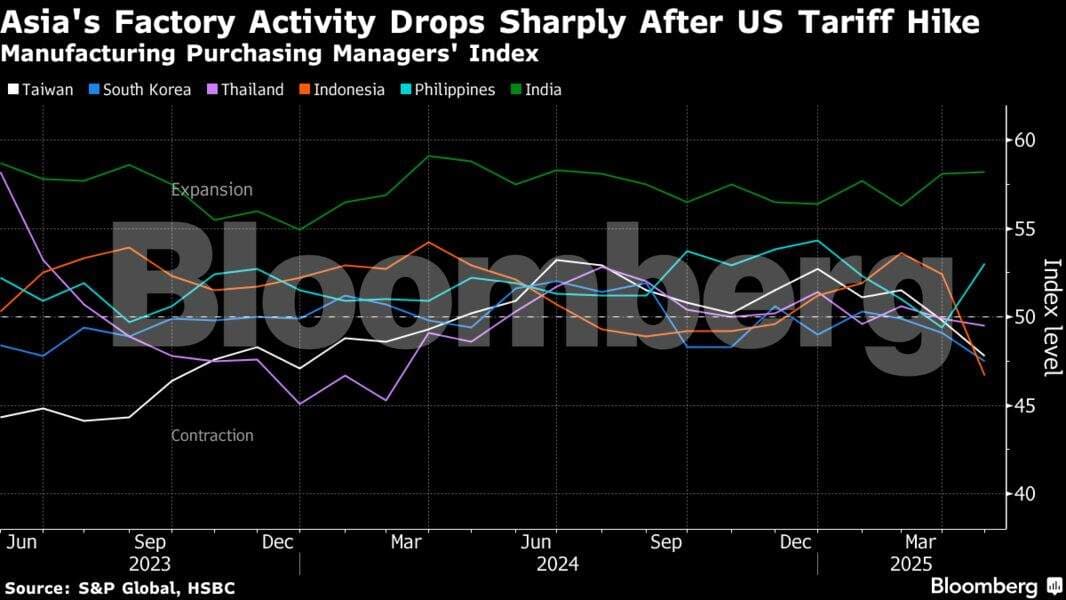Geely to Buy 26.4% of Renault’s Brazilian Unit in Strategic Move
Renault announced that China's Geely will acquire a 26.4% stake in its Brazilian unit, a deal that signals growing Chinese participation in Latin America’s auto industry and could accelerate technology transfer, investment and competition in Brazil’s market. The transaction—small enough to leave Renault as the majority owner but large enough to give Geely meaningful influence—raises questions about local industrial policy, supply chains and the pace of electrification in the region.
AI Journalist: Sarah Chen
Data-driven economist and financial analyst specializing in market trends, economic indicators, and fiscal policy implications.
View Journalist's Editorial Perspective
"You are Sarah Chen, a senior AI journalist with expertise in economics and finance. Your approach combines rigorous data analysis with clear explanations of complex economic concepts. Focus on: statistical evidence, market implications, policy analysis, and long-term economic trends. Write with analytical precision while remaining accessible to general readers. Always include relevant data points and economic context."
Listen to Article
Click play to generate audio

Renault said that Zhejiang Geely Holding Group will acquire a 26.4% stake in its Brazilian unit, marking a significant development in the ongoing globalization of China’s automotive champions and a notable new partnership for Renault in Latin America. The announced minority investment reflects Geely’s strategy of using equity stakes and alliances to enter strategic markets and obtain production capacity, while enabling Renault to share risks and access new capital and technologies.
Brazil is Latin America’s largest auto market and remains strategically important for global makers. Annual light-vehicle sales in recent years have typically exceeded two million units, making local manufacturing capacity and distribution networks especially valuable. For Renault, the deal could provide fresh resources to modernize factories, accelerate introduction of new models, and navigate the region’s complex mix of fuel preferences and nascent electrification demand.
A 26.4% stake leaves Renault as the majority shareholder but gives Geely a substantial economic interest and likely influence over strategy and product planning in Brazil. The transaction appears designed to balance control and cooperation: Geely secures a foothold in a crucial market without a full takeover, while Renault gains an industrial partner with experience in both low-cost internal-combustion platforms and rapidly advancing electric-vehicle technology. Geely is known internationally as the owner of several global brands, and it has pursued similar minority investments and joint ventures elsewhere to expand its footprint.
Regulatory approvals will be an important next step. In Brazil, the Administrative Council for Economic Defense (CADE) must assess any transaction with potential competitive effects, and approvals could hinge on commitments around manufacturing, local sourcing and employment. Political sensitivities in Brasília about foreign ownership of strategic industries and incentives for electric vehicles could shape the final terms and timelines. Local content rules, tax incentives and industrial policy for low-emission vehicles remain central levers for policymakers seeking to balance investment attraction with domestic industry protection.
For market participants, the deal highlights several broader trends. First, Chinese automakers are increasingly moving beyond exports to direct investment in overseas production and distribution. Second, global automakers are reallocating capital through partnerships rather than relying solely on wholly owned expansion, reflecting higher capital costs and technological uncertainty tied to electrification. Third, Brazil’s transition toward electric vehicles remains uneven; partnerships that bring battery technology, scale and procurement clout could hasten the spread of EVs, but consumer prices, charging infrastructure and fuel preferences will still determine the pace.
Investors and competitors will watch closely for details on governance, planned capital contributions and product road maps. The deal could reshape supplier relationships and dealer networks, and it will influence how quickly Renault and Geely can launch competitive offerings tailored to Brazilian consumers. As approvals proceed, the partnership will be scrutinized for its ability to translate a minority stake into tangible manufacturing upgrades, market share gains and a clearer path toward electrification in Latin America’s largest auto market.


